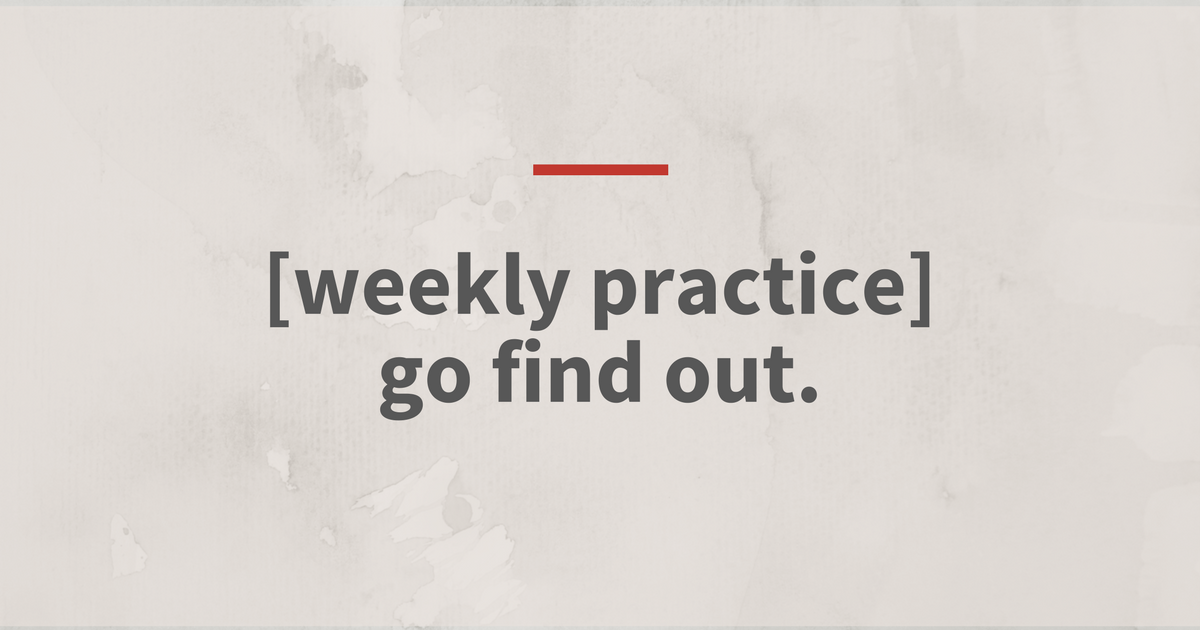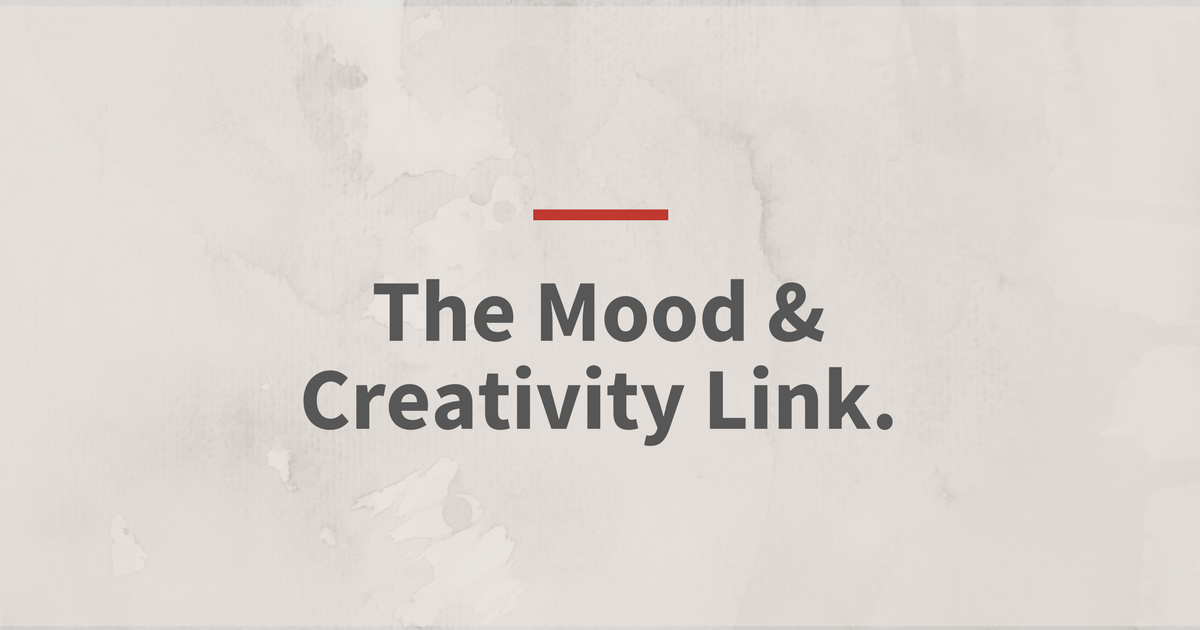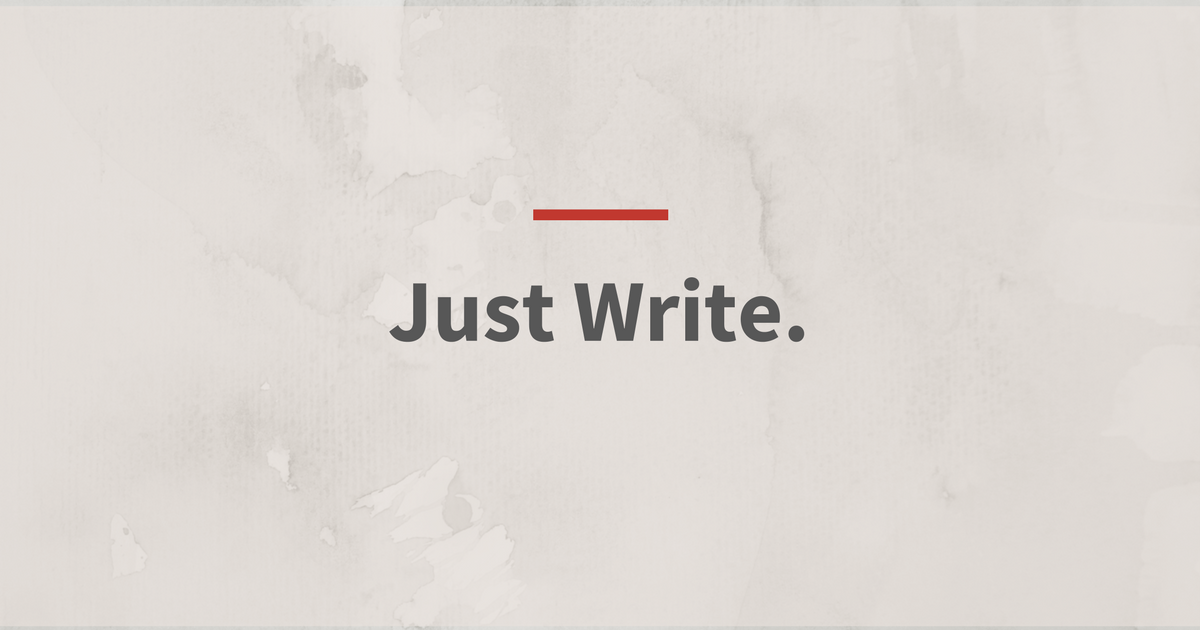
Last week we were in fairly metaphysical territory, and so this week I want to lean way over to the other side of things – the earthly, tactical side.
Here’s my challenge to you, for this week’s practice: Pick something in your work that failed, and go get feedback about it. Real feedback, from real live people. At least three of them.
All of us who are entrepreneurs have had failures – times when we’ve put something out into the marketplace and no one bought it. All of us who are creators have had failures – making art or publishing a piece of writing, and no one responded to it or it didn’t resonate with people in the way we’d hoped.
And if you work inside an organization, you’ve had other forms of this experience. Perhaps you’ve shared an idea with your team and no one responded with support or enthusiasm. Or you pitched a big new project to your boss and it was turned down, for unclear reasons.
Often in our pain about these experiences, we just shut them away. Sometimes we avoid the people or product or idea that was involved. Sometimes we search for an explanation of what happened and, in our own minds, make one up.
Rarely do we do what I believe is the thing to do.
Go find out what happened.
Pick up the phone and talk to five of the people who knew about this thing and didn’t buy. Did they get the information about it? What did they think it was? Is that aligned with what you meant to communicate about it? Did they think it was for people like them? Did they want it? You need to know all of this.
Or, if you are inside an organization, write a note to a few of the team members whom you shared that idea with, who never jumped in. Did they even hear your idea? Did they understand it? Did it appeal? Was it politically dangerous to go for? Go learn what was happening.
This is what makes the failure productive. This is what makes it not a waste of time.
But to do this safely, so that our hearts and morale come out intact, you’ll need a kind of protective suit, and that suit is your mindset. You’ll need to look at feedback in a particular way – not as information about your worth or your worthiness, but rather as information about the people giving the feedback.
You seek this feedback not to decide if you should be an artist or not, or if you are good at your career, or if you measure up to some standard, but rather to gather data on the preferences, priorities, and needs of your stakeholders so you can be more effective with them. That is it.
So this week, recall something that failed. Go get real feedback on what happened from the people it failed with. I’ll honor our practice by doing the same with a recent “crickets” moment in my business.
And then let’s use what we learn as we create our next thing.
Join us over in the private Facebook group to share what you discovered.
Love,
Tara






